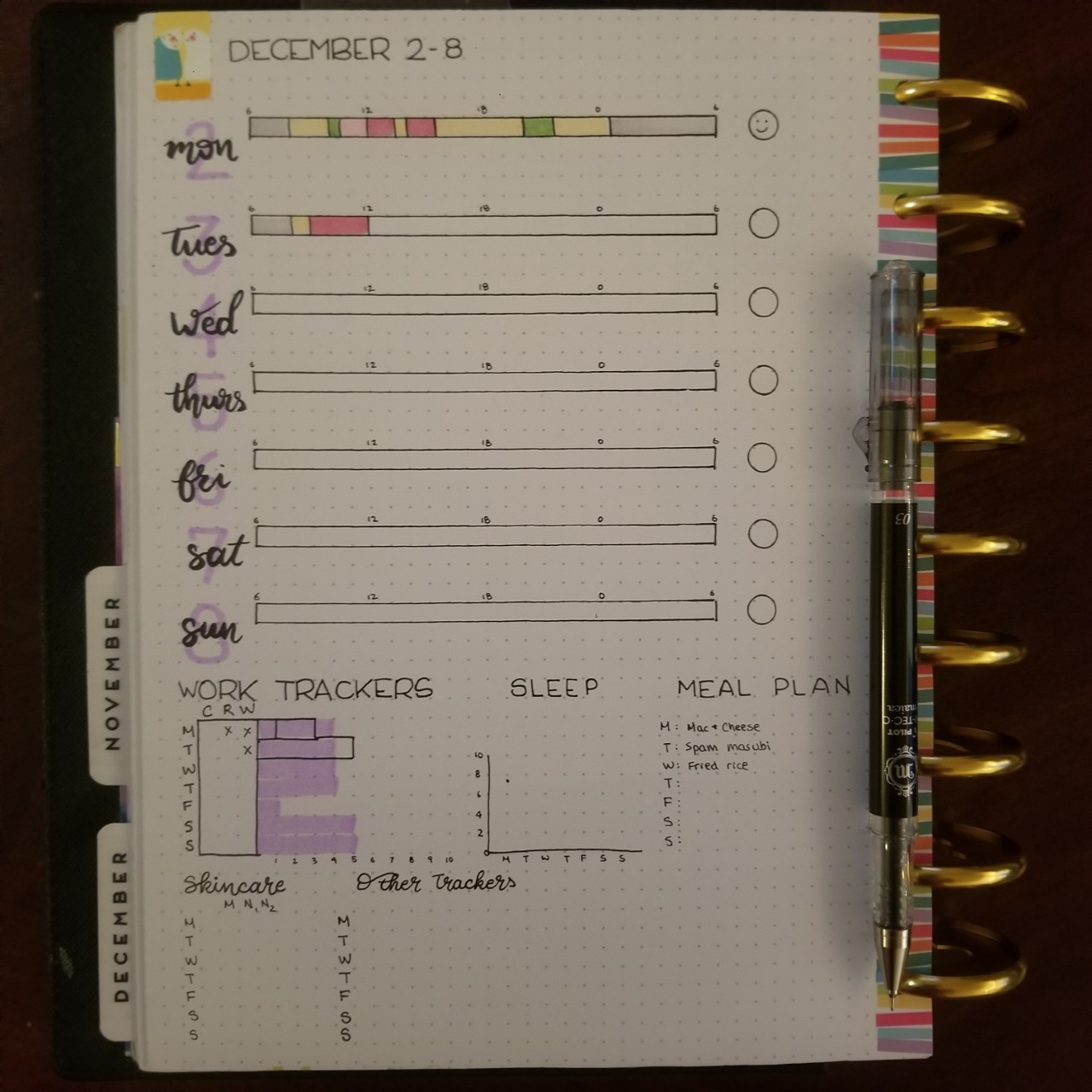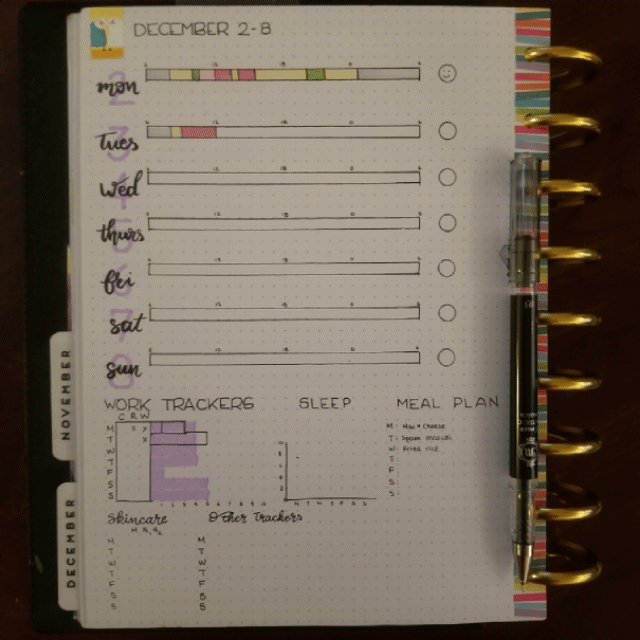Wonder what it’s like to stay at a hotel during the COVID-19 pandemic? Well, my partner (now fiancée) and I have had to stay at a few during our move from Wisconsin to Texas. Over the past few days, we’ve stayed at several Hilton chains (mainly Home2 Suites and Tru by Hilton). Responses to COVID-19 has varied by hotel, although there are some norms that have become consistent. The most obvious is the mask requirement: all guests (and employees) must wear masks in public spaces, such as lobbies and hallways.
All the lobbies we visited now had a glass or plastic pane separating the front desk from the customers. However, we didn’t interact with the front desk that much—instead, I checked in using the Hilton Honors app to use the digital key. In most hotels, this was a fairly easy process. However, we stayed at a hotel in St. Louis where we had to use the digital key to get into the hotel and to use the elevator, and these systems occasionally (read: often) did not properly read the digital key.
Only one digital key was available per room. If you are in a room with more than one person, each who wanted their own key, you would need to get a physical key (this was not a particular problem for me and my fiancée, though he occasionally had to take my phone to get something out of the car).
Like many other public locations, social distancing stickers dotted the floors of the lobbies. We also noticed employees cleaning the public areas more frequently than normal, particularly elevator areas and chairs.
Though not everyone adhered to the mask policy in hallways, folks appeared to adhere in lobbies. There were a handful of people who did not wear masks or who expressed extreme displeasure at the limited services (especially as related to breakfast or happy hour-type events), but this was not the norm.
Most hotels had a sign by the lobby elevator encouraging no more than two people into each elevator. We were in a few elevators with three or four people, but people also waited to take another elevator if there was more than two couples in the elevator already. Anecdotally, we found that most people did not wear face masks in the elevator. In one instance, a similar notice was placed in the elevator itself.
Noticeable Room Changes
One change that Hilton announced in April was the use of stickers to indicate when a room had been cleaned. Here is the example provided by Hilton (as seen in this Business Insider article):
Alt-Text: A hand is holding a smartphone up to an electronic lock on a door. On the phone’s screen is a green display of a digital key, marked “unlocked.” Above the key is a sticker on the door and doorway that says “Hilton Clean Stay” on the left and “Cleaned and sealed for your protection” on the right. When the door opens, the sticker-seal would break in half.
Source: Hilton, in Business Insider Article
The stickers are not always placed firmly on the door, and I was able to peel off the sticker from the door of one of my hotels (the other side of the sticker was not stuck to the doorway). Not all hotels used these stickers (including the one we are staying in now). Here’s what the sticker looked like:
Alt-Text: A blue door sticker from a Hilton hotel. Each side says “Hilton CleanStay with Lysol protection” and includes a QR code, followed by the text “Scan here to learn more about how your room is cleaned or visit hilton.com/cleanstay). The dotted line in between is a perforation that should break when you enter the door.
The hotels that did use this sticker also had a sticker around remote controls to indicate that it had been cleaned prior to our arrival. In general, I don’t know if these stickers made me feel any more secure—I would expect my room to be thoroughly cleaned prior to my arrival.
For hotels that typically provide complimentary breakfast, a to-go breakfast was made available. At the Home2 Suite hotels, this was typically a muffin, granola or Nutri-Grain bar, and a bottle of water. At the Tru by Hilton hotel, we request our breakfast by checking off a menu.
All the hotels we stayed at were quick to inform us that they were no longer providing daily cleaning or stayover services (several had “light cleaning” services, and all will provide housekeeping services upon request, like providing fresh hotels or changing the garbage can).
In general, I felt pretty safe staying at the hotels. The staff, from front desk to housekeeping, was gracious under these stressful considerations—and especially given that some guests appeared to overtly scoff at the mask rule.
Is there anything I would have liked to have seen?
There are some things that would have made me feel safer at the hotels, though I suppose these are pretty minor in the grand scheme of things:
Assurance that the phone is being thoroughly cleaned. Compared to pre-COVID-19 travel, I found myself using the phone a lot more to call the front desk and confirm details about breakfast and cleaning services. Learning to use a hotel phone is (in my opinion) important for any traveler, but it appears to be an especially useful skillset while traveling during the pandemic.
Reminders about the mask policy on all floors. The place where I saw the most maskless people was while waiting for the elevator. As most floors have a foyer table of some sort by the elevator, it seems like it would be pretty easy to add a mask reminder so that people would remember to put it on before getting into an elevator.
A designated place for delivery. One hotel we stayed at had a designated place for socially distanced delivery in the lobby. In these spaces, food deliverers were able to set food down (and pick up money, if necessary). We found that we felt more secure picking up food in these spaces, rather than having to walk outside (where maskless folks were often loitering) or wandering around the lobby in search of the deliverers. These spaces also helped drivers figure out where to wait for customers.
Information about delivery options. This is not particularly important, but we found ourselves struggling a bit to figure out which restaurants or food chains were still open and available for delivery. In the non-COVID-19 times, my partner and I dined out more when we traveled. However, we wanted to stay in our rooms as much as possible, so we opted to order in. Some front desk information about delivery places would have been a nice touch.
Higher pay for essential service industry workers, including fast food workers and drivers! Service industry workers are putting their life on the line so the middle and upper-middle classes can quarantine in relative comfort.
Is there anything I should keep in mind if I have to travel right now?
If you can, carrying your own lysol (or other disinfecting wipes), soap, and perhaps a paper towel would be useful for your own sense of safety. Even with the stickers, I felt most comfortable after I had personally wiped down most of the tables, the thermostat, and the phone.
Ask about what amenities (particularly breakfast) have limited services, or if there is anything you as a guest should know about the state’s COVID-19 policies. Most places will tell you when you check in, but it is useful to ask about amenities that are especially important to you.
Wash your hands every time you leave and re-enter the room. This is where bringing in your own hand soap may be useful.
Be kind to fellow guests and hotel staff/employees. This is a stressful time for travelers and hotel employees alike. It’s important to extend kindness to other people in the area, making sure to maintain social distancing whenever possible.
Use ziplock bags to to pack masks. My partner and I were traveling for several days, and we wanted to make sure we had enough masks to use different ones every day of the week. To keep track of used masks that needed to be washed, we used ziplock bags (one with dirty masks and one with clean ones). We haven’t needed to hand wash masks yet, but we likely will before we check out and move into our new Texas apartment.
Look up COVID-19 policies in the state or country you are traveling to, especially since each state varies in its mask policies and stages of re-opening. It may also be useful to look up the hotel’s policies for preventing COVID-19 spread.




















